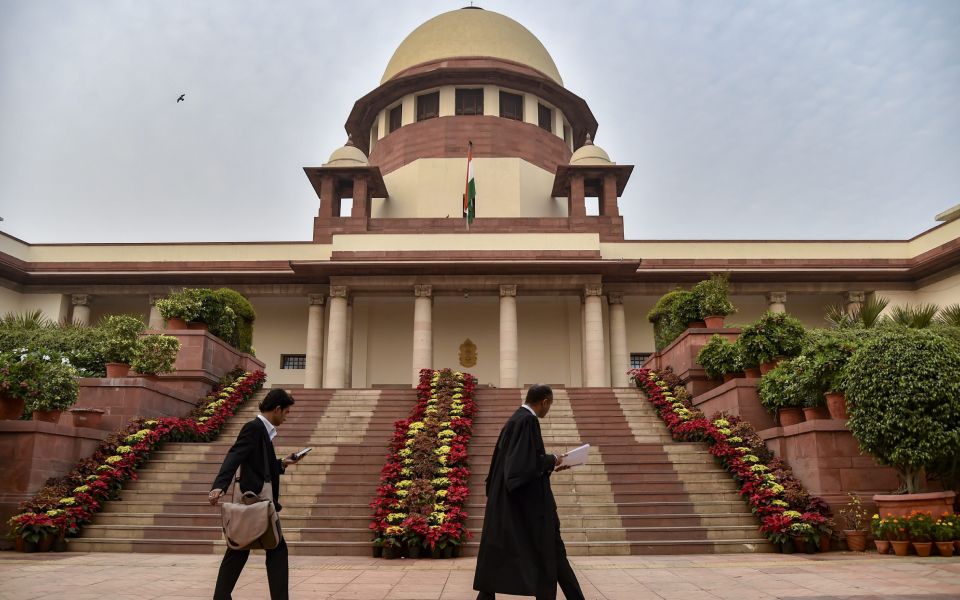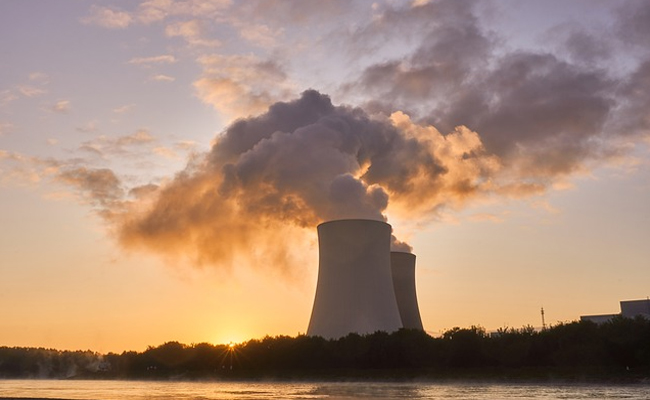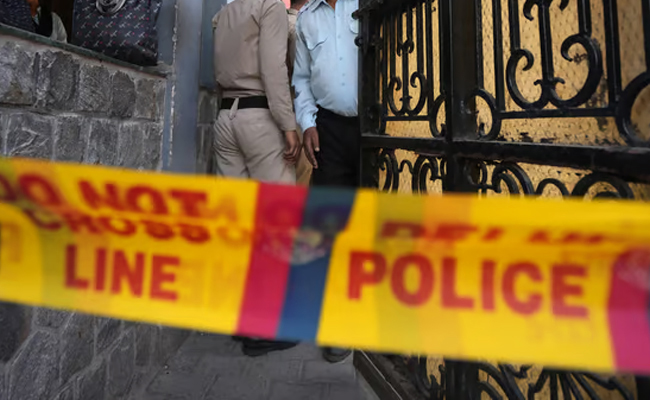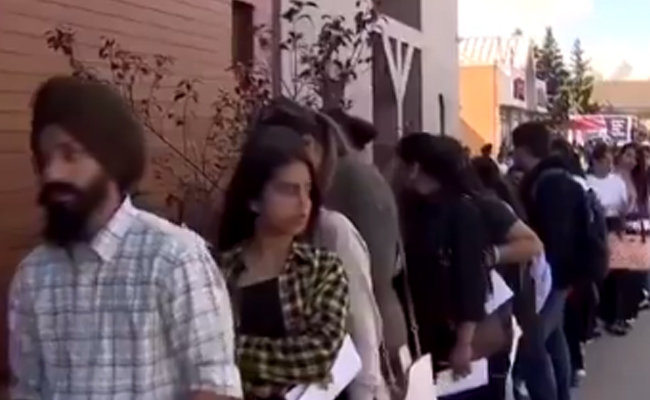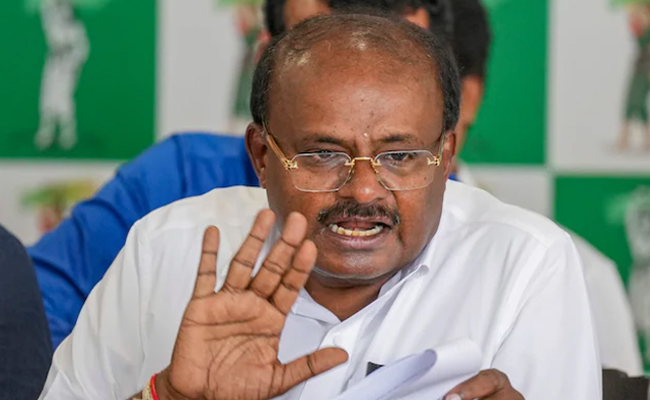New Delhi, Jul 8: The Supreme Court on Monday directed the Centre to frame a model policy on menstrual leave for women employees by holding consultations with states and other stakeholders.
A bench comprising Chief Justice D Y Chandrachud and Justices J B Pardiwala and Manoj Misra said the issue related to policy and was not an issue for the courts to look into. Moreover, such a decision from a court on granting such leave to women may prove to be counterproductive and “detrimental” to the cause as employers may avoid employing them.
How will the leave encourage more women to be part of the workforce, the court asked the petitioner and said mandating such leave will lead to women "being shunned from the workforce". "...we do not want that,” the bench said
“This is actually a government policy aspect and not for the courts to look into, " it said.
“Petitioner says that a representation was submitted to the Centre in May 2023. Since the issues raise multifarious objectives of state policy, there is no reason for this court to intervene in light of our previous order,” it said.
The bench, however, permitted lawyer Rakesh Khanna, appearing for petitioner and lawyer Shailendra Tripathi, to move the secretary of the Ministry of Women and Child Development and Additional Solicitor General Aishwarya Bhati.
“We request the secretary to look into the matter at the policy level and take a decision after consulting all stakeholders and see if a model policy can be framed,” it ordered.
The court made it clear that that the consultation process of the Centre will not come in the way of states if they take any steps in this regard.
The top court had earlier disposed of a plea seeking menstrual pain leave for women students and working women across the country.
It had then said that since the issue falls under the policy domain, a representation can be made to the Centre. The senior lawyer said that till date no decision has been taken by the Centre.
Let the Truth be known. If you read VB and like VB, please be a VB Supporter and Help us deliver the Truth to one and all.
Almaty: Kazakhstan is voting in a referendum today to decide whether to construct its first nuclear power plant, a proposal pushed by President Kassym-Jomart Tokayev's government to phase out the country’s reliance on coal-powered energy.
Despite the government's emphasis on nuclear power as a step towards sustainable energy and economic progress, the proposal has been met with public skepticism due to safety concerns, the Soviet nuclear testing legacy, and apprehensions about Russia’s involvement.
Prominent blogger Vadim Boreiko expressed doubts about the referendum, suggesting that the decision to build the plant in collaboration with Russia's state nuclear firm, Rosatom, may have already been made and that the vote is merely a formality.
Kazakhstan, a country of 20 million people with abundant natural gas reserves, currently relies heavily on aging coal-powered plants and imports electricity from Russia to meet its energy needs. The government argues that nuclear power, given the country’s status as one of the world’s largest uranium producers, would be a logical addition to its energy mix, alongside growing renewable sources like wind and solar power.
The cabinet estimates that constructing the nuclear power plant would cost between $10 billion and $12 billion. However, critics advocate for alternatives like gas-powered plants, which, while still reliant on fossil fuels, are less harmful to the environment and present fewer risks compared to nuclear facilities.
The country's history with nuclear energy includes the 1986 Chornobyl disaster and numerous Soviet nuclear weapon tests, which have left a lasting impact on public health and have caused widespread distrust towards anything related to nuclear energy.
President Tokayev, addressing these concerns, emphasised the need to focus on future developments instead of lingering on past tragedies, stating, “We must move forward and be optimistic; otherwise, we will lag behind in this global race to progress.”
The outcome of the referendum will determine whether Kazakhstan takes its first step towards nuclear energy amidst ongoing debates over the potential risks and benefits of the project.

